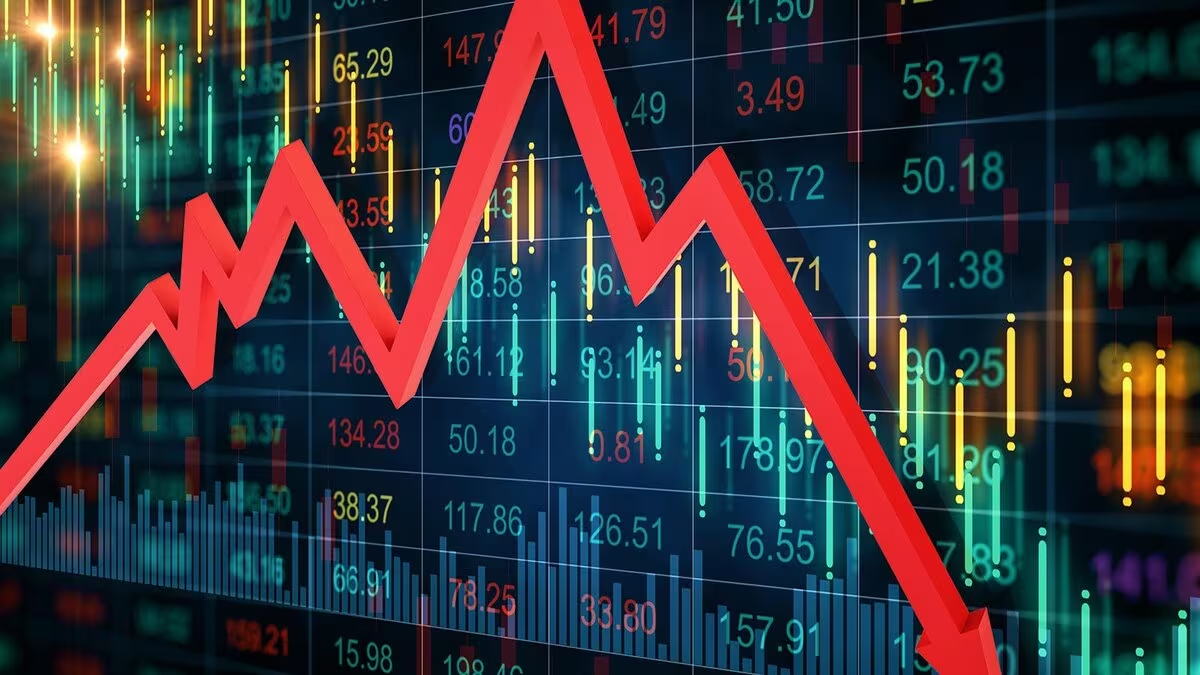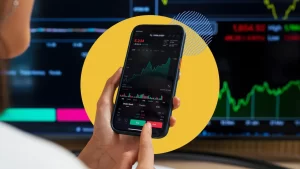
How does the stock market affect the country’s GDP? This is an age-old debate. Many financial analysts argue that it is impossible to have a stable economy without stocks. But what if the stock market were a reliable economic indicator? Would the stock market be a reliable indicator of GDP growth? And how does this impact the stock market? Let’s look at a few examples to see if that’s true.
Historically, the stock market has been a good predictor of economic growth. Before the global financial crisis, the returns of stock markets explained 22% of GDP growth. But after 1976, the stock market explained 38% of the growth of GDP. That’s a pretty good correlation, and could point to an important economic indicator. That said, it’s not the whole picture, as there are many factors that influence the stock market.
A rising stock market increases people’s confidence in the economy. People tend to spend more when they’re confident about the economy. This phenomenon is called the wealth effect. The rising stock price stimulates increased consumer spending. But when it drops, the opposite happens. As a result, the economy loses its growth. When the stock market declines, fewer people can afford to buy expensive goods. This leads to lower GDP growth.
While the stock market’s performance affects GDP, the economy cannot function without economic growth. When stock prices are high, businesses invest more in capital and hire more people. That increases employment and reduces unemployment. More workers means more money to spend, which increases GDP. However, a falling stock market results in reduced employment and higher unemployment. These effects are a vicious circle. If the stock market is low, businesses can’t attract the capital they need to expand.
Historically, the biggest stock market increases are a result of recovering from previous declines and unique factors that make the economy unique. In 1999, the Finnish market was dominated by Nokia, and this company accounted for much of the growth. Since the beginning of the dot-com boom, the S&P 500 index has risen about 15% yearly, and the economy is projected to grow by 2% this year.
If the stock market moves with the economy, the stock market can predict the results. However, there’s some controversy over whether the stock market is the best predictor of GDP growth. In the table above, R2 values show how well share prices predict the future. If the R2 value is 0, there is little explanatory power in the market. This is why a strong economy needs a stable stock market.
When estimating the impact of stocks on the economy, it’s essential to consider the implication of stochastic processes. Because stock prices fluctuate, annual returns will vary. However, Cochrane (1997) notes that the excess return of stocks over Treasury bills is eight percent over 50 years. That estimate is based on a standard statistical confidence interval of three to thirteen percent, assuming that the stochastic process is stable.








